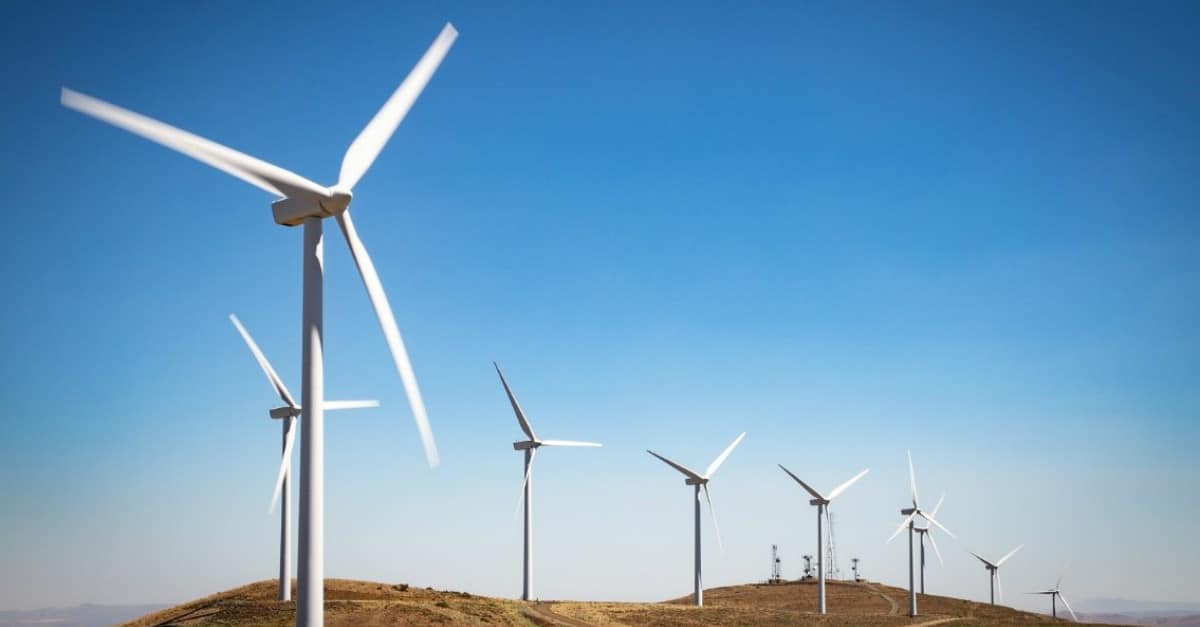Liberalisation of the electricity market: contributing to the energy transition

Author
Adèle Thorens, member of the National Council
About
Liberalisation of the electricity market
The energy transition: a context of obligations
This revision is set in a context of implementing Switzerland’s Energy Strategy 2050 and the Paris Agreement, which plan for nuclear power and fossil fuels to be gradually replaced by energy from renewable sources. A transition of this kind is difficult, in that renewable sources of energy are still being developed and the amount of electricity they provide is variable.
Does the revision of the Federal Electricity Supply Act face up to this challenge? In a context of this kind, it is clearly appropriate to create a strategic reserve, as this pays for the storage of energy that can be released when needed, for example at times when production from renewable sources is lower. Although the hydropower sector is not mentioned explicitly, the storage capacity of its dams will give it a role in this area, alongside other technologies that are still emerging, such as power-to-gas.
This will provide an advantageous new source of income to a sector that has come under heavy pressure recently. The creation of a market for energy flexibility should also be welcomed. It will help to stabilise the network and provide a better balance between supply and demand, in a context of intermittent production.
The risks of opening up the market are not taken into consideration
On the other hand, the complete liberalisation of the electricity market involves some significant risks. It could conflict with Switzerland’s efforts to phase out nuclear energy and fulfil the requirements of the Paris climate agreement.
The revision of the law, as presented, might actually encourage the importation of electricity from German coal-fired power stations or French nuclear plants. This would go against Switzerland’s intention to increase its self-sufficiency in energy, and also its climate policy, as coal is one of the worst emitters of CO2. Furthermore, what would be the point of Switzerland phasing out its own nuclear generation if it then imported nuclear energy from elsewhere? Efforts are currently being made to develop local production of renewable energy and to maintain the profitability of Swiss hydropower installations.
It is not wise to expose these sources of energy to unfair competition from “dirty” energy produced in other countries and sold at a very low price, which is influenced by subsidies and does not in any way cover the environmental costs. What is more, flooding the market with excessively cheap electricity would virtually negate the efforts now being made by some public bodies – in Geneva, for example – to promote energy efficiency.
Some safeguards to be put in place
For a complete opening up of the market to be desirable, some accompanying measures have to be introduced:
- Consumers must be offered total transparency concerning the origin and method of production of electricity, so that they can make informed choices on the free market.
- Many consumers are prepared to pay a little more for clean energy, especially as electricity prices are currently very low. However, they must be told the real cost of energy, based on its origin. This could mean imposing a tax on electricity produced by nuclear or coal-fired plants.
- The water usage tax (redevance hydraulique) paid by hydropower plant operators would have to be made flexible in future, to improve that sector’s ability to adapt to any fluctuations in the market.
- The cost of using the network should encourage its more efficient use. Consumption of clean energy, which can be combined with local storage systems, should be given preference, in the context of a production structure that is increasingly decentralised and diversified.
Incentives to promote local renewable energy
The tools for promoting renewable energy established by the Energy Strategy 2050 will reach the end of their term in 2022. How will our decentralised, clean, local electricity be promoted subsequently? The revision of the law offers one avenue for this, by proposing that consumers who choose to continue using the basic regulated supply will receive locally-produced electricity that is generated largely or even exclusively from renewable energy sources.
However, the fear is that a measure of this kind will be inadequate, especially if there is strong competition from imported electricity that is polluting, but cheap. Other incentive measures should therefore be put in place.
In conclusion, it is understandable that the Federal Council wants to send Europe a positive signal, to facilitate the establishment of an electricity agreement. Furthermore, there is no question of refusing on principle to open up the market: it all depends on the framework conditions within which this takes place. However, Switzerland has made a commitment to progressively phasing out nuclear generation and the use of fossil fuels. This is essential and takes priority.
The revision of the Federal Electricity Supply Act and the liberalisation of the market must therefore contribute to this energy transition. They will have to be adapted accordingly by the Federal Council or, failing this, by Parliament.
About the author

Adèle Thorens
Member of the National Council
Adèle Thorens studied philosophy and political science at postgraduate level. She specialises in ethics and the sustainable management of resources, and has taught and conducted research in this field at the University of Lausanne and the Swiss Graduate School of Public Administration. After creating the WWF training centre in western Switzerland WWF training centre, which provides training for adults in environmental matters, and heading its western Switzerland office, she was elected to the National Council, the lower house of Parliament, in 2007.
She served on the Economic Affairs Committee, then on the Environment Committee. Her special interests are the green economy, the energy transition, and protection of the climate and of biodiversity. She is a member of several boards and committees, including the foundation board of sanu durabilitas, a Swiss think-tank on sustainable development, where she is responsible for projects concerned with the circular economy and sustainable soil management.